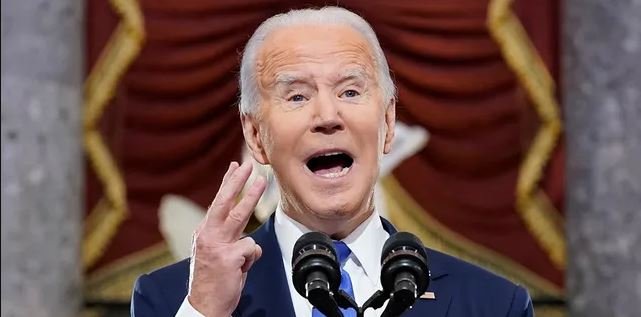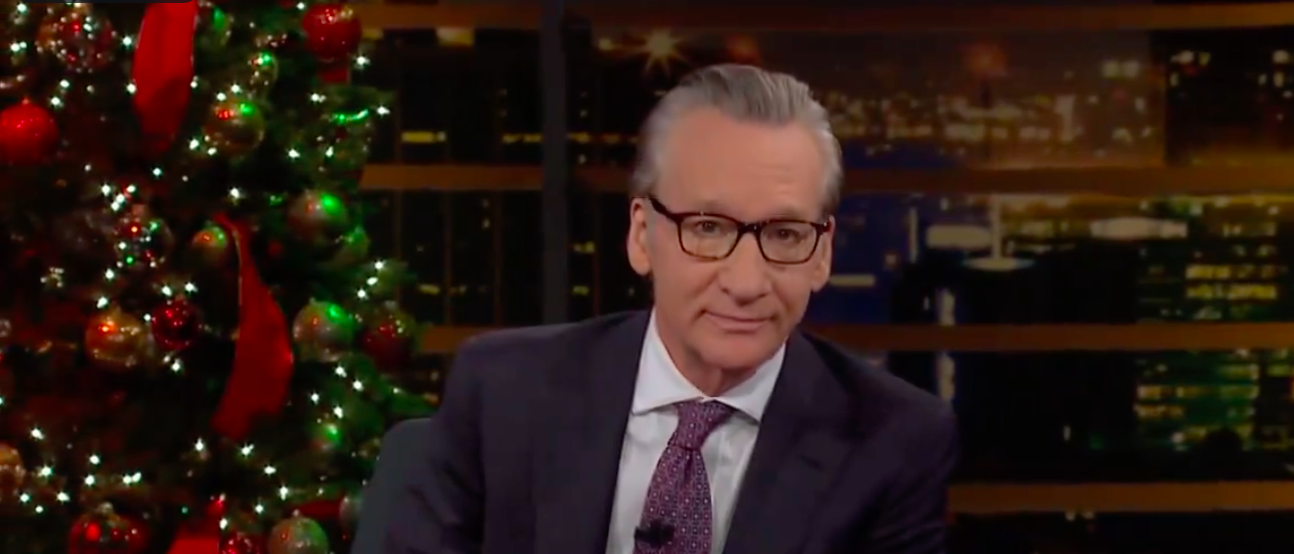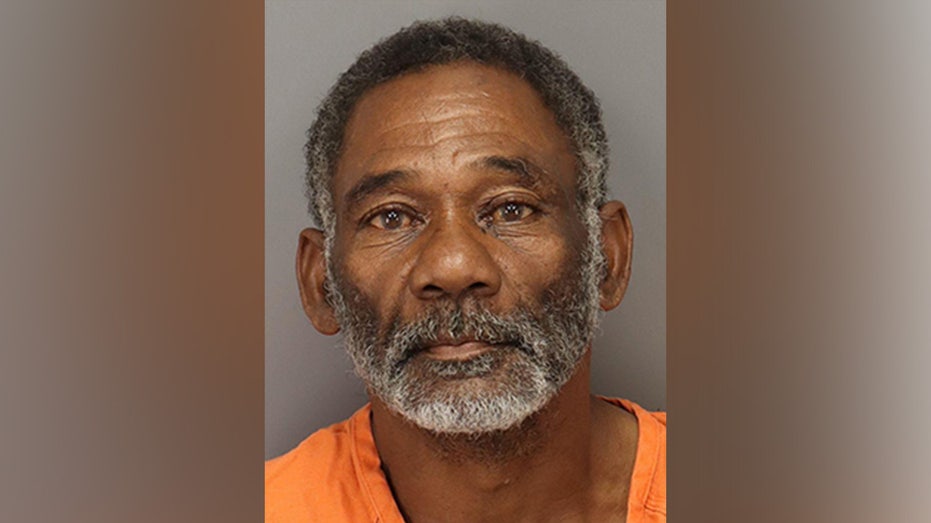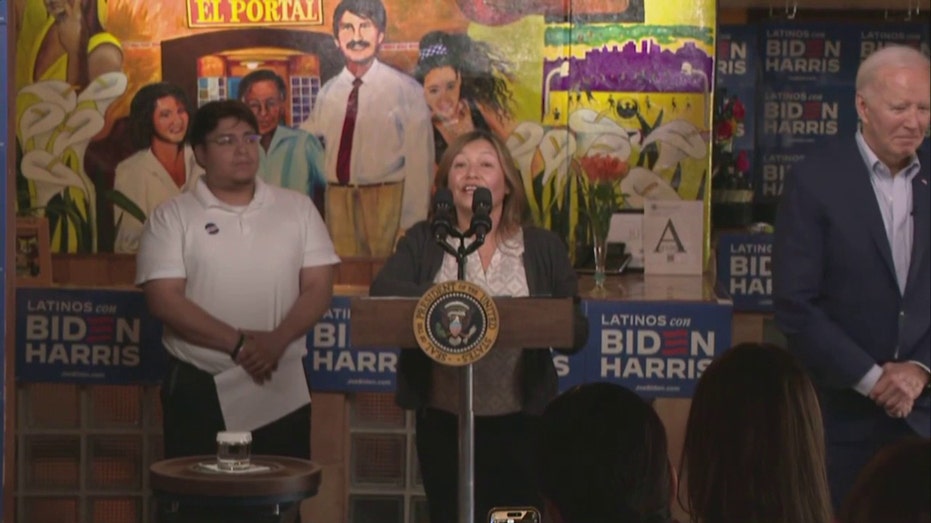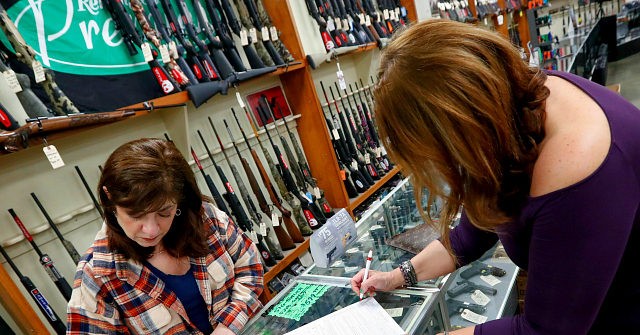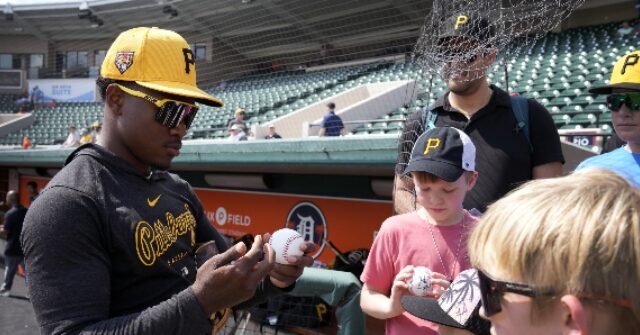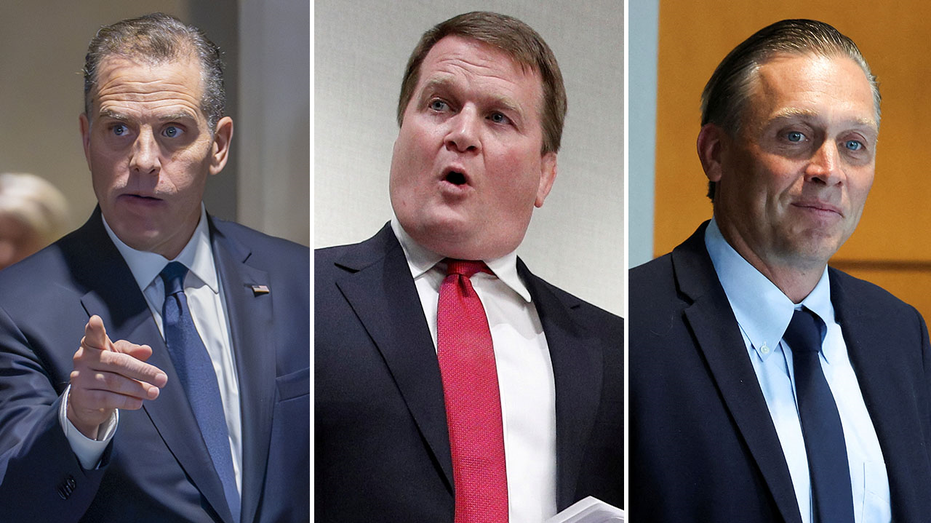Baltimore police shooting prompts criticism of specialized gun squads
A unit dedicated to taking illegal guns of the streets stands accused of harassing residents and escalating situations in Baltimore neighborhoods.
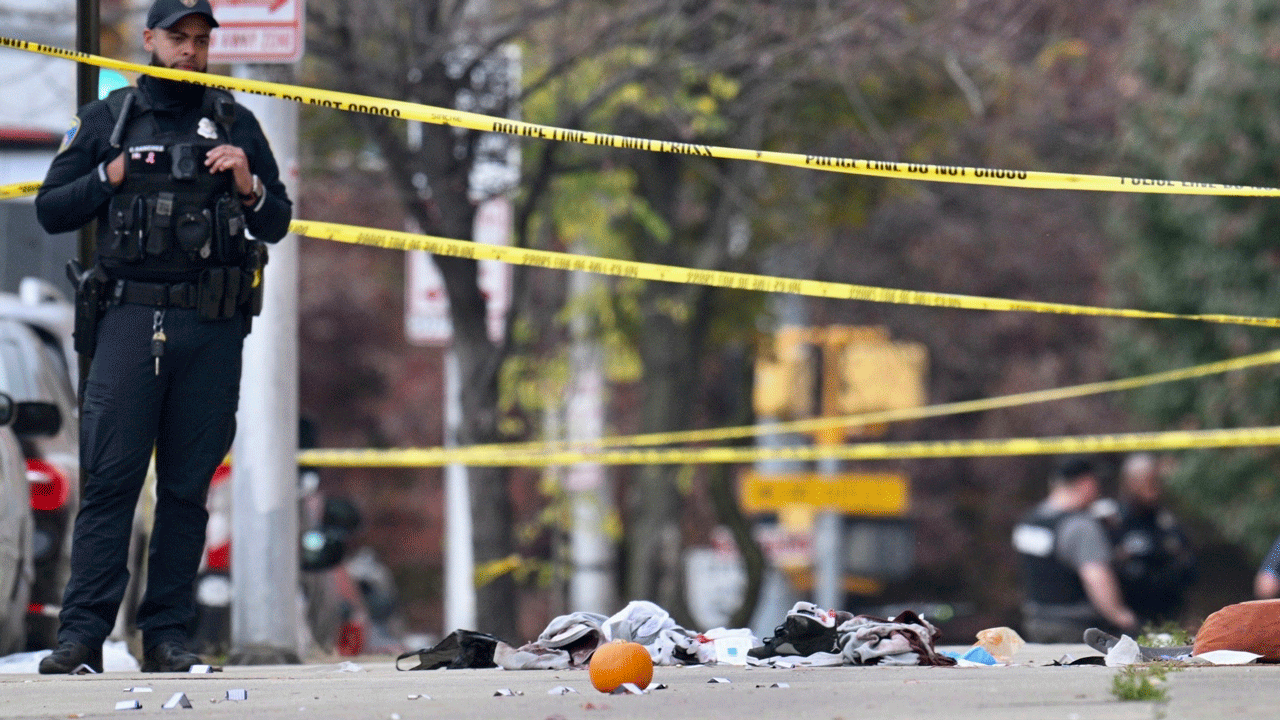
BALTIMORE (AP) — After a corruption scandal led the Baltimore Police Department to disband its plainclothes gun squad in 2017, the embattled agency pledged to increase oversight while remaining focused on seizing illegal weapons and curbing rampant violence.
But several years later, two recent police shootings involving the department’s latest iteration of the specialized units have raised questions about how they are operating today.
3 TEENS SHOT, INJURED OUTSIDE WEST BALTIMORE HIGH SCHOOL
Officials have not yet released body camera footage of the most recent shooting, which occurred Tuesday afternoon, but residents of the southwest Baltimore neighborhood expressed outrage over what they called an unnecessary loss of life. They said the deadly police shooting has drawn attention to an issue they have been complaining about for years: that certain officers are known in the majority-Black community for harassing residents and escalating otherwise peaceful encounters.
"They’re always jumping out on us for no reason. It happens all the time," said Rashawn McNeil, who lives around the corner from the shooting scene. "Now, we see the consequences."
McNeil, 25, said he heard a barrage of gunfire and questioned why police fired so many shots.
Officials said officers on a District Action Team — squads focused on seizing illegal guns — were conducting proactive patrols when they approached a man who showed signs of being armed. The man, later identified as Hunter Jessup, started running and allegedly pointed a gun at police during the ensuing chase. Four officers opened fire and Jessup, 27, was later pronounced dead at the hospital.
The following day, McNeil was hanging out with his brother and a friend in their usual spot outside an abandoned corner store. The group said DAT officers treat them with disdain and routinely initiate negative interactions. They said the officers are easily recognizable because of their unique attire. Neither fully uniformed nor plainclothes, they wear vests identifying them as police and patrol the city’s most violent neighborhoods.
In the immediate aftermath of Tuesday’s shooting, Police Commissioner Richard Worley defended the officers’ actions, saying they yelled at Jessup multiple times to drop his weapon.
"This is another example of our officers doing a great job of apprehending an individual who was armed," Worley said at the scene Tuesday. Police leaders often commend officers for getting illegal firearms off the streets, and Baltimore gun violence overall has been trending downward in recent months.
Department leadership created the DAT squads after the Gun Trace Task Force was disbanded in the wake of federal racketeering charges that accused several officers of systematically robbing the city and its residents using illegal searches and planted evidence. The corruption scandal helped prompt widespread reform efforts within the Baltimore Police Department, which has a long history of problematic interactions with the city’s Black community.
After Freddie Gray’s 2015 death from spinal injuries sustained in police custody, a Department of Justice investigation found a pattern of unconstitutional policing practices and the department remains under a federal consent decree mandating a series of court-ordered reforms.
Other cities have similarly grappled with the use of specialized police units in recent years. In Memphis, police leaders permanently disbanded their SCORPION unit after publicly released body camera video showed five of its members beating Tyre Nichols to death. The plainclothes task force was focused on illegal guns and repeat violent offenders.
Daniel Webster, a professor at Johns Hopkins University’s Center for Gun Violence Solutions in Baltimore, said the success of specialized gun units often hinges on a focused approach.
"The focus should be on the people who are actually creating the violence," he said. "Communities don’t want DAT teams jumping out and clearing corners; they want them to do actual police work and target those individuals."
A study published by Webster’s team in 2020 found that about two-thirds of respondents thought Baltimore police were targeting the wrong people. Webster said there is no convincing evidence that blanket enforcement of gun laws makes communities safer, but there’s "a ton of evidence to support that it causes a lot of harm and distrust" — partly because people often carry weapons for self-protection, not because they are intending to commit violence.
Critics say the DAT teams inevitably have a disproportionate effect on Baltimore’s low-income communities of color because their mission is to proactively patrol neighborhoods most plagued by violence. And that has not changed since the Gun Trace Task Force era.
"The name of the units may be new, but many of the troublesome tactics persist," researchers wrote of the teams in a report released earlier this year by the National Association of Criminal Defense Lawyers.
Baltimore police spokesperson Lindsey Eldridge said that in addition to conducting proactive patrols, DAT officers "focus on making strategic arrests of key individuals that are perpetuating violent crime." She said the department takes misconduct complaints seriously and imposes discipline when appropriate. Recent reforms have included an overhaul of the department’s internal discipline process.
"Due to their role and enforcement function, we understand that our DATs are subject to a greater number of complaints in the execution of their duties," Eldridge said. "These teams focus on many high-level offenses that can produce dangerous interactions."
Less than six months before Tuesday’s shooting, another police shooting unfolded under similar circumstances several blocks away. That encounter also involved DAT officers who tried to stop a teenager they said was displaying "characteristics of an armed person." The teen ran away, holding a gun in one hand, and an officer shot him from behind.
McNeil and his older brother, Rashad McNeil, said they are tired of having to assert their constitutional rights whenever certain officers approach them.
"They look at everybody as suspects unless you’re old or a certain color," Rashawn McNeil said. "It’s dehumanizing. That’s what it is."
What's Your Reaction?








